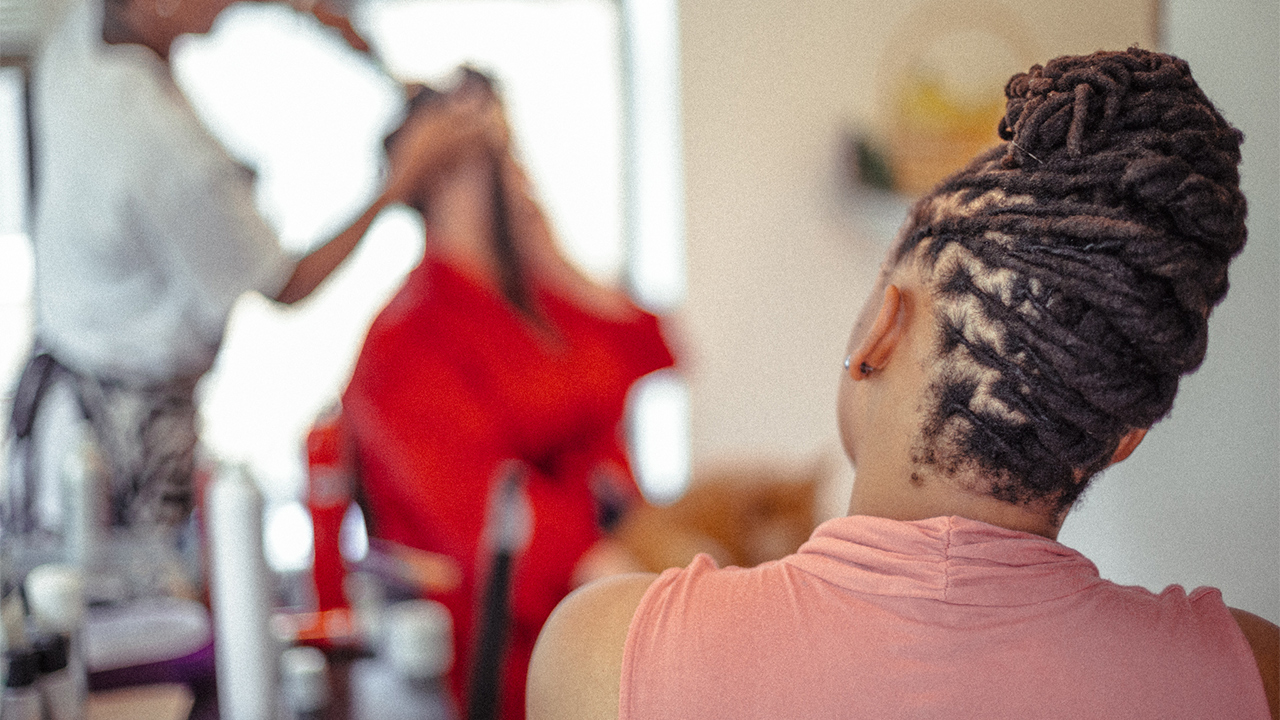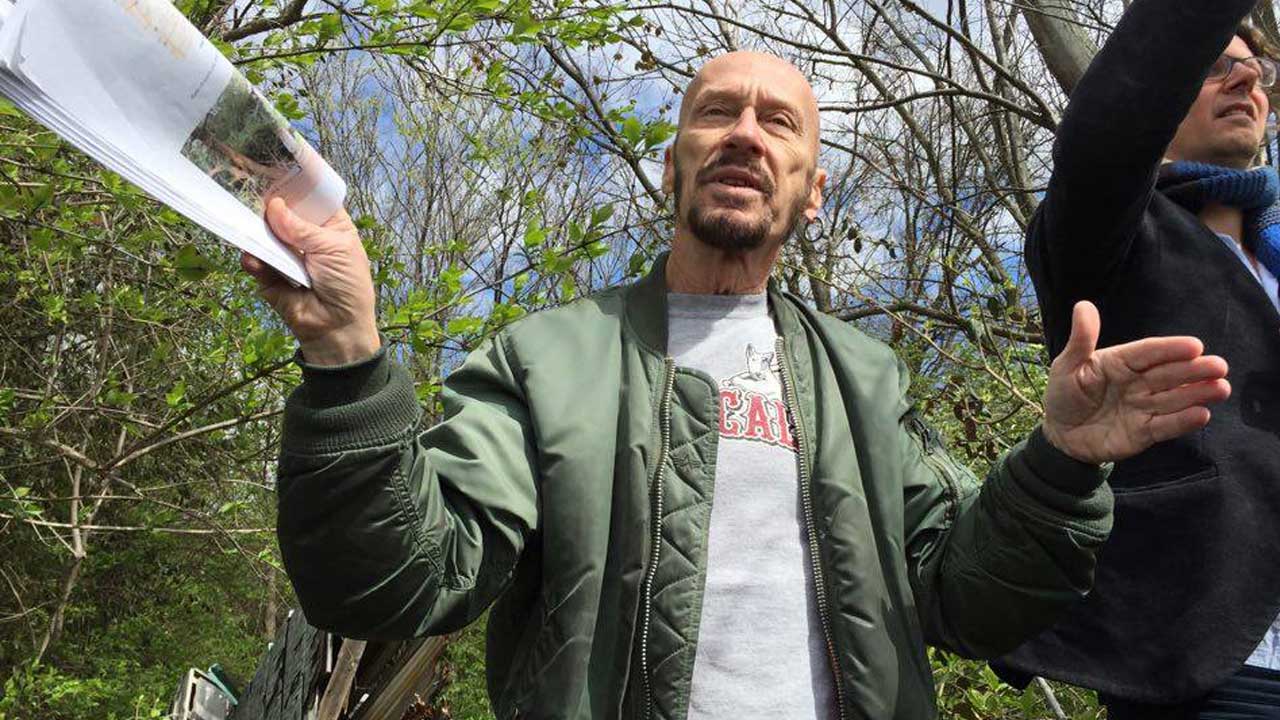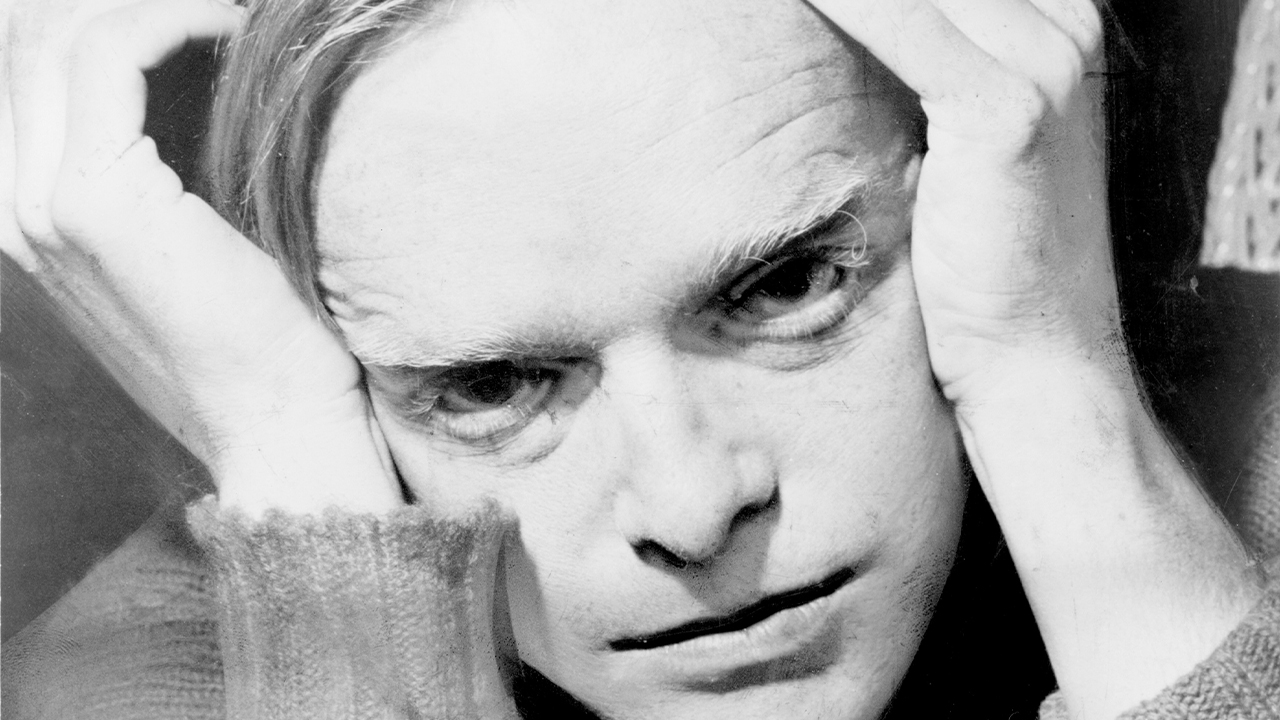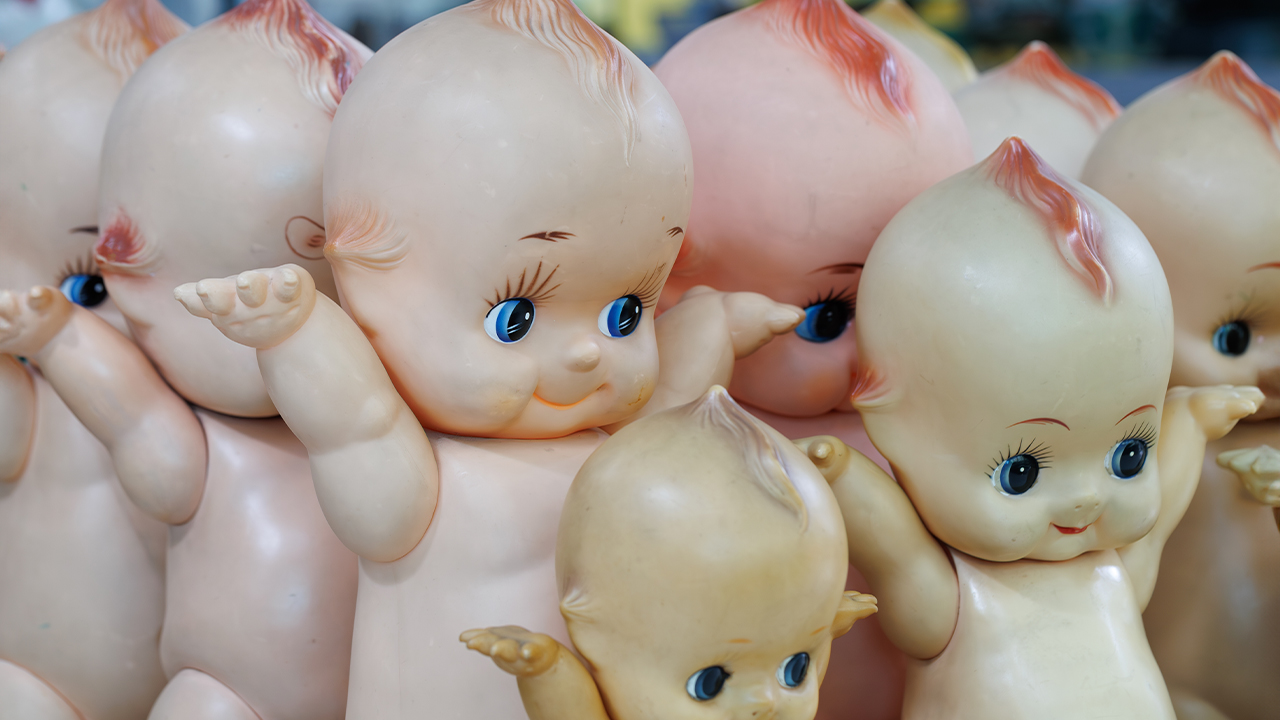Linked Breath
The summer of 2020 should have us all thinking about breathing.
October 29, 2020
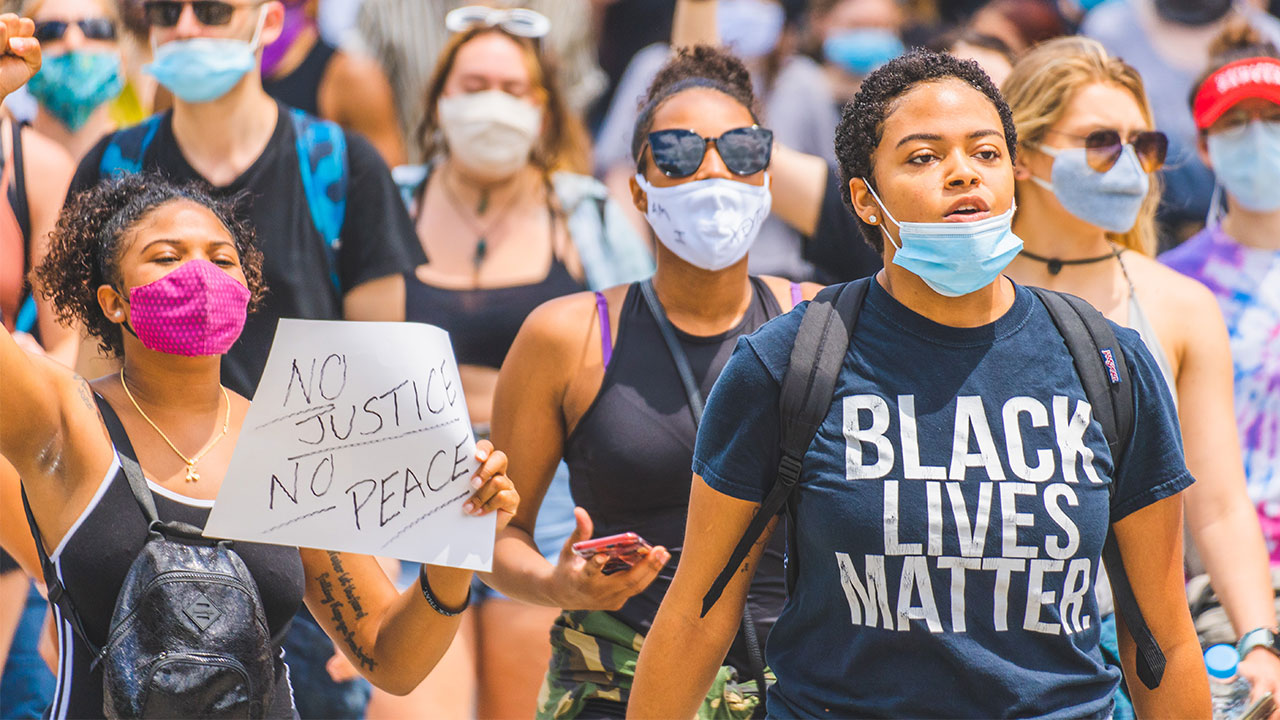
George Floyd—like Eric Garner and Derrick Scott before him—gasped “I can’t breathe” to indifferent police officers.
COVID-19 steals people’s breath. And identity may result in some sufferers being met with indifference as well.
This link between the two was on Bianca Xunise’s mind when she published a gag cartoon in the nationally syndicated comic Six Chix at the end of July that some people found offensive. It depicts a Black woman wearing a shirt stating, “I can’t breathe,” while wearing a mask in a store. A maskless White woman standing next to her states, “If you can’t breathe, then take that silly mask off!” The cartoon caused controversy, with some papers deciding to permanently drop the collaborative comic, Six Chix. Some readers apparently viewed the cartoon as discriminating against the White woman, while others believed it was disrespectful toward the Black Lives Matter movement. Many others, however, understood what Xunise was doing—commenting on the dismissal of both police brutality and COVID-19, and the racialized tenor that connects both.
Misreadings of Xunise’s cartoon demonstrate what we cannot do as we try to find a path forward in the new world we live in that made hypervisible the old world we have inhabited. We cannot dismiss challenging framings that require us to recognize the connection between issues that many wish to see in isolation.
 Misreadings of Xunise’s cartoon demonstrate what we cannot do as we try to find a path forward in the new world we live in that made hypervisible the old world we have inhabited. We cannot dismiss challenging framings that require us to recognize the connection between issues that many wish to see in isolation. We need to pause and, yes, take a breath, in thinking about how we look and then evaluate our way of seeing.
Misreadings of Xunise’s cartoon demonstrate what we cannot do as we try to find a path forward in the new world we live in that made hypervisible the old world we have inhabited. We cannot dismiss challenging framings that require us to recognize the connection between issues that many wish to see in isolation. We need to pause and, yes, take a breath, in thinking about how we look and then evaluate our way of seeing.
The issue of identity-based interpretation also links COVID-19 and police brutality. Partisan politics has played a role in how people interpret mask-wearing, but some researchers suspect that data on who is most affected by COVID-19 has played a role in how seriously people understand it as a threat. The long history of producing visual and empirical evidence of structural racism—from Ida B. Wells to videos of police violence—demonstrates that people can see the same evidence and come to very different conclusions. But as the rise in support for Black Lives Matter demonstrates, people can change their perspective. You just never know what will make people see differently.
And we should see breath differently—that it is often taken for granted, that people have unequal access to clean air, and that deprivation of breath may be discounted depending on who you are. Breathing could also be understood as a fundamental way to help us understand oppression. In The Miner’s Canary, legal scholars Gerald Torres and Lani Guinier explain that “those who are racially marginalized are like the miner’s canary: their distress in the first sign of danger that threatens us all.” In reflecting on Eric Garner’s death, theorist Ashon Crawley argues that “I can’t breathe” is an “ethical plea” and “charges us to do something, to perform, to produce otherwise than what we have.” To see and be otherwise will mean that we must look differently and act differently, make connections when many social forces encourage us to interpret in silos. How often have you thought about how breath—literally and metaphorically—links many issues of social inequality? In this year, we are receiving an ethical call to understand how issues of breath—how our breaths—are linked. I hope many of us begin to answer it.
Editor’s Note: An edited version of this essay appeared in the November 2020 issue of Washington University magazine.
